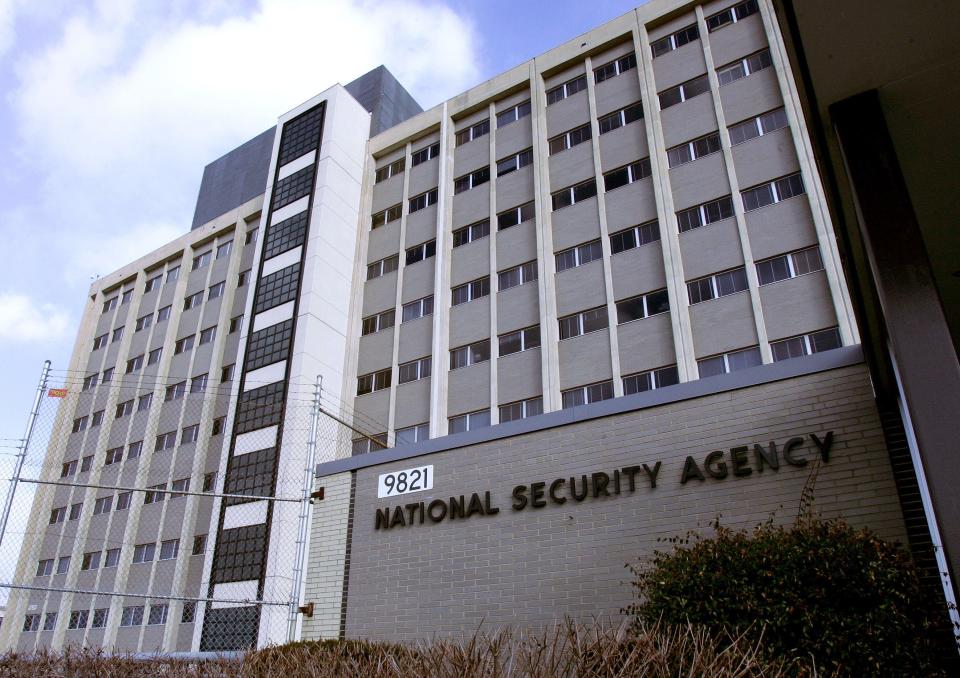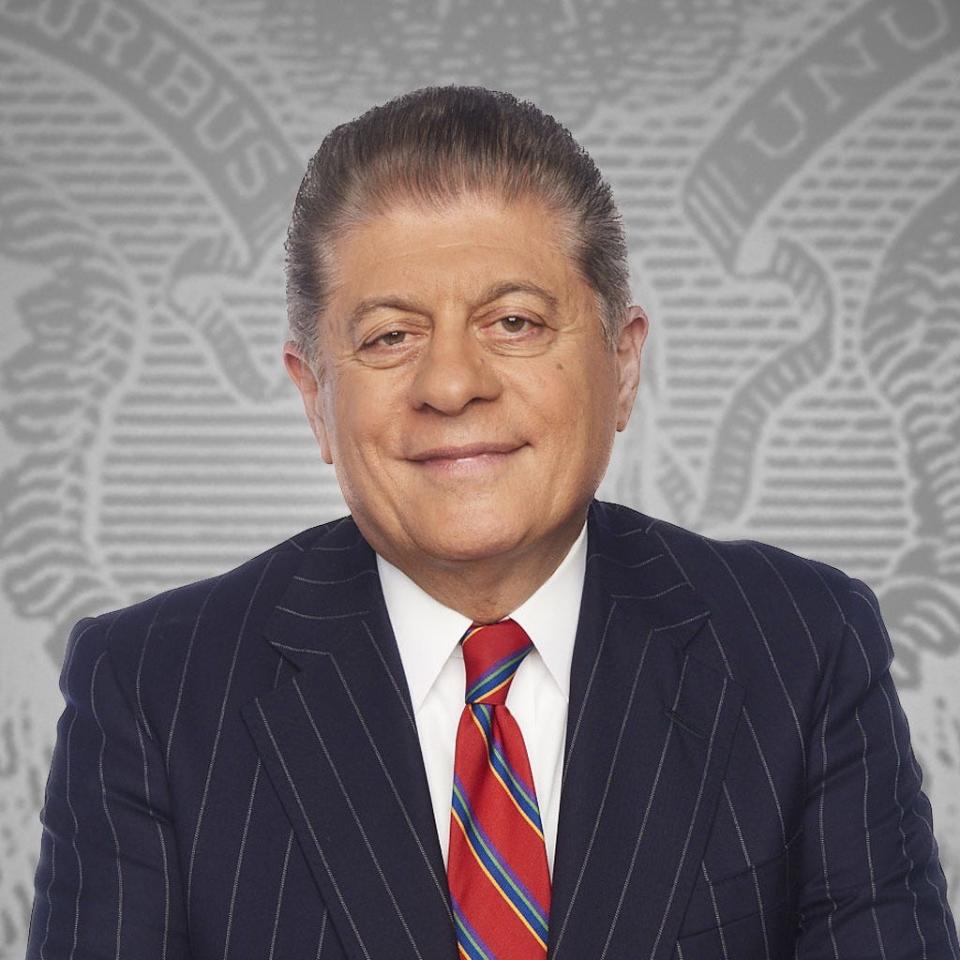What if it’s dangerous to be right when the government is wrong?
What if the government is a myth? What if it doesn’t produce what we pay it for? What if it fails to safeguard our lives, liberties and property from its own agents? What if nothing changes after these failures and after elections? What if we’re stuck with it?
What if the National Security Agency — the federal government’s 60,000-person strong domestic spying apparatus — has convinced Congress that it needs to cut constitutional corners in order to spy on every person in America?
What if Congress has bought that argument and enacted a statute that put a secret court between the NSA and its appetite for all electronically transmitted data? What if that secret court — the Foreign Intelligence Surveillance Court — is supposed to protect personal liberty but instead has become a wall behind which the NSA can hide and a tool for its insatiable spying appetite?

What if the courts have ruled that electronic surveillance constitutes a search and seizure within the meaning of the Constitution? What if the Constitution requires warrants for searches and seizures and only permits warrants that are based on probable cause of crime? What if the Constitution requires that all warrants for searches and seizures specifically describe the place to be searched or the person or thing to be seized?
What if the FISA Court issues warrants based on a lesser standard than probable cause of crime? What if that standard is probable cause of speaking with or knowing someone who has spoken with a foreign person? What if this is such an absurd and loose standard that it violates the Constitution, permits spying on anyone and ends up protecting no one except the spies who pretend to employ it?
What if the NSA has convinced every president since George W. Bush that it needs to spy on everyone in America to keep us safe, no matter what the Constitution says? What if those presidents have bought that devil’s bargain?
What if NSA spying is really done without any warrants? What if this spying captures in real time every keystroke on every computer and hand-held device — as well as the content of every email, text message, telephone call and fiber-optic cable transmission — in the United States 24/7?
What if NSA computers have direct and unimpeded access to all mainframe computers of all telecoms and computer service providers in the U.S.? What if the acquisition of all this data is known in the intelligence community as bulk surveillance?
What if the Constitution is the supreme law of the land? What if the Constitution, with its requirement of warrants based on probable cause of crime and specifically identifying targets, expressly prohibits bulk surveillance? What if bulk surveillance is not only unconstitutional but also useless because it produces information overload -- too much data to sift through in a timely manner?
What if the FISA Court is a facade? What if one FISA Court judge signed an order authorizing the NSA to spy on all customers of Verizon — at the time, all 115 million of them? What if that included the White House, the Congress, the federal courts and the issuing judge himself?
What if President Bush and his successors have unleashed the NSA to acquire all communications data about everyone in America even though it’s obvious that the NSA cannot possibly sift through it all in a timely enough manner to keep us safe?

What if Bush’s government was asleep at the switch on 9/11? What if 3,000 civilians died while the government slept? What if the government’s invasions of Afghanistan and Iraq were perpetrated to divert our attention from its sleeping on 9/11? What if these invasions targeted civilians and constituted war crimes?
What if the Franklin D. Roosevelt government knew of the attacks on Pearl Harbor before they came? What if it looked the other way knowing that the American people would react with fury and thus America could enter World War II, which FDR desperately wanted? What if 3,000 sleeping sailors died because the government looked the other way? What if looking the other way in the face of a certain attack constituted murder?
What if liberty is a personal birthright? What if it cannot morally or legally be taken away by government without a guilty verdict by a jury?
What if the genius of the Constitution — if followed — is not only its protection of privacy but also its requirement that the government confine its searches and seizures to persons whom it has reason to suspect are engaged in criminal activity and about whom judges have ratified the government’s evidence to support those suspicions? What if the Constitution requires the government to leave the rest of us alone?
What if the government is a failure at preserving liberty but a champion at stealing it?
What if bulk surveillance is about power and control and not about safety? What if the NSA has selectively leaked what it knows about some folks for political purposes? What if President Donald Trump himself and his former national security adviser Gen. Michael Flynn have been victims of those leaks? What if government’s bulk acquisition of private data makes us less free?
What if the use of intelligence data for political purposes is a profound danger to democracy? What if government can’t keep us safe? What if we falsely think that it does keep us safe? What if that delusion makes us less safe?
What if exposing the government generates its wrath? What if the government hates being caught spying and lying? What if it humiliates and frustrates and falsely charges and seizes the passports of those it hates and fears? What if the government hates and fears our freedoms? What if the government works not for us but for itself? What do we do about it?
Andrew P. Napolitano, a former New Jersey Superior Court Judge, has published nine books on the U.S. Constitution. To learn more, visit JudgeNap.com.
This article originally appeared on New Jersey Herald: Napolitano: What if it’s dangerous to be right when the government is wrong?

